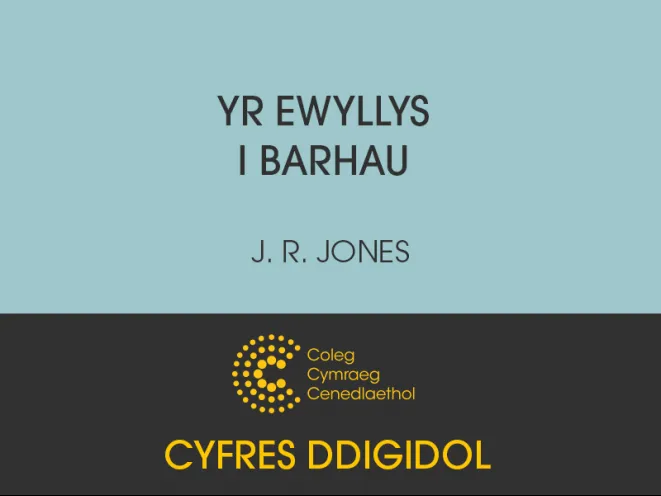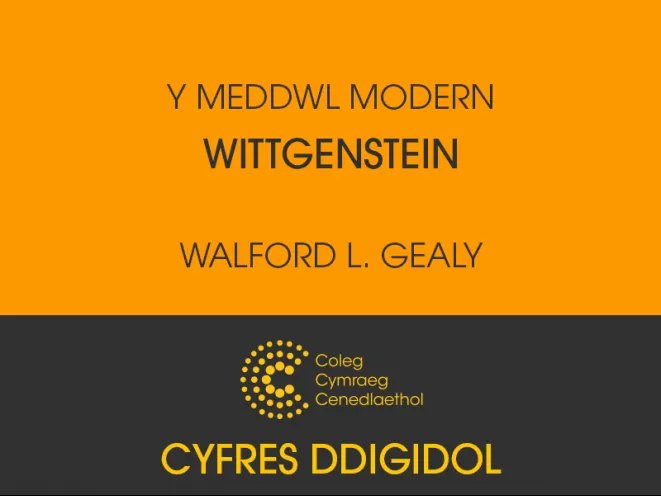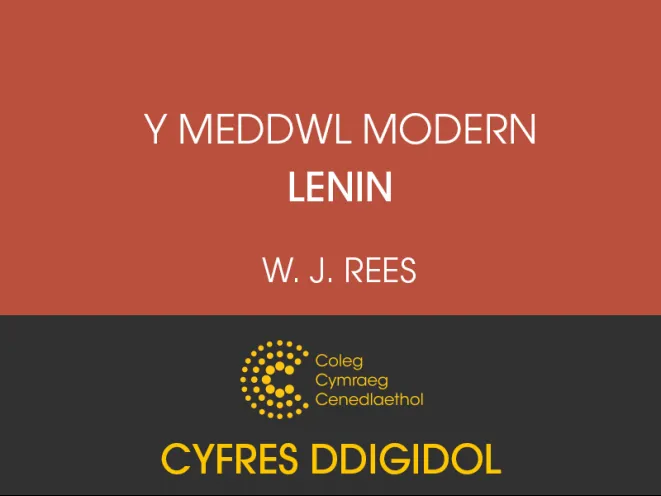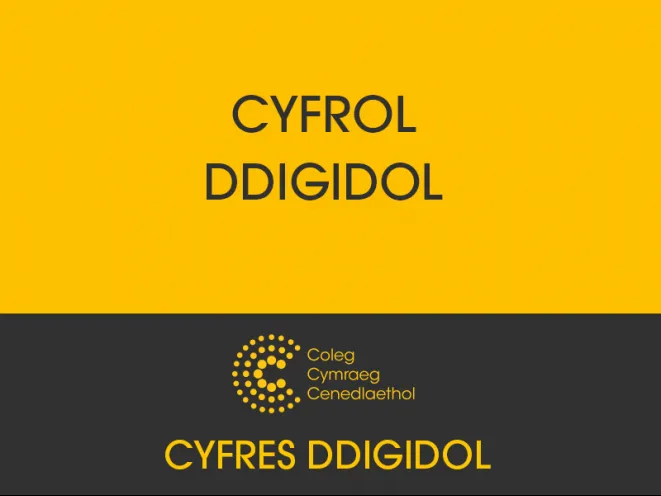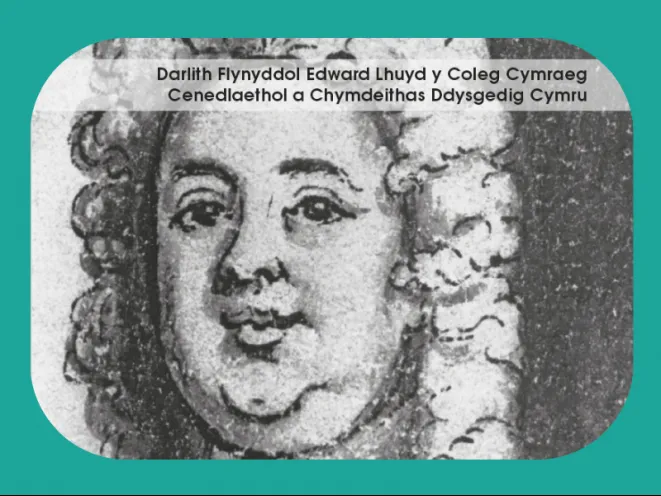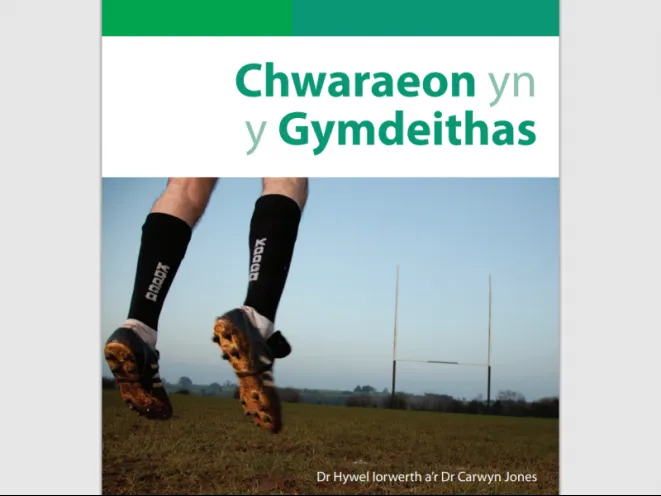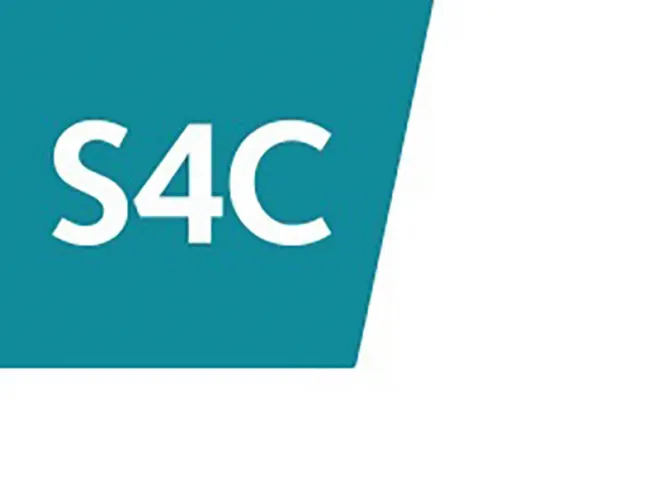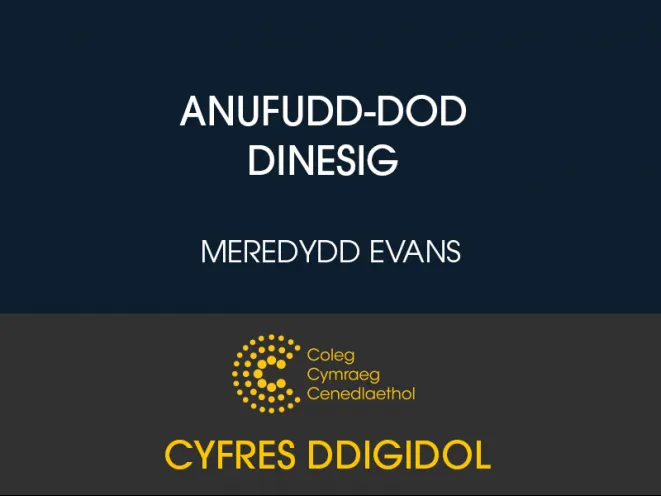Araith a draddodwyd gan yr athronydd J. R. Jones yn Eisteddfod y Barri 1968 yn trafod y Cymry Cymraeg fel pobl a'u hawydd i oroesi.
Yr Ewyllys i Barhau – J. R. Jones
Y Meddwl Modern: Wittgenstein – Walford Gealy
Cyfrifir Ludwig Wittgenstein gan lawer yn athrylith hynotaf yr ugeinfed ganrif mewn athroniaeth. Y mae hefyd yn unigryw yn ei faes gan iddo greu nid un athroniaeth ond dwy, y ddwy yn wreiddiol, dylanwadol a gwrthgyferbyniol. Ceisir yn y gyfrol hon esbonio mewn iaith seml ei ddau safbwynt sydd i'w gweld yn Tractatus Logico-Philosophicus ac yn yr Ymchwiliadau Athronyddol.
Y Meddwl Modern: Lenin – W. J. Rees
Lenin oedd y gwleidydd cyntaf mewn unrhyw wlad i greu chwyldro ar sail egwyddorion Karl Marx. Ai llwyddiant ai methiant fu'r hyn a gyflawnodd ef rhwng 1917 a'i farw ym 1924? Cyn y gellir gosod llinyn mesur ar yr hyn a wnaeth, y mae angen deall yr amgylchiadau y digwyddodd y Chwyldro Comiwnyddol ynddynt, amgylchiadau a oedd yn bur wahanol i'r rhai lle disgwyliasai Marx weld gweithredu ei syniadau. Disgrifir yn y gyfrol hon gyflwr pethau yn Rwsia cyn y Chwyldro, gan amlinellu'n gryno ddatblygiad y gymdeithas a'i sefydliadau. Eir ymlaen i roi braslun o yrfa gyffrous Lenin ac olrheinir rhediad ei syniadau wrth iddo ymlafnio i droi dadansoddiad Marx yn rhaglen o weithredu ymarferol.
Prydeindod – J. R. Jones
Trafodaeth gan yr athronydd J. R. Jones am hunaniaeth y Cymry Cymraeg a'u perthynas â Phrydain a Phrydeindod.
Ni Fyn y Taeog Mo'i Ryddhau – J. R. Jones
Trafodaeth gan yr athronydd Cymreig, J. R. Jones, ar hunaniaeth y Cymry a pherthynas hynny gyda'r iaith Gymraeg, ei dirywiad a'r pwysau i gymhathu â'r diwylliant Prydeinig. Cyhoeddwyd hefyd fel rhan o gyfrol
Edward Lhuyd annual lecture
The Edward Lhuyd Lecture is an annual presentation on various aspects of academic and contemporary life in Wales and the world. The presentations cover a wide variety of themes including geology, literature, ecology or history. The lecture is organized between the Coleg Cymaeg and the Learned Society of Wales. Note, there were no lectures in 2020 - 2022 due to Covid-19.
Be Ddywedodd Marx I – W. J. Rees
Detholiad o waith Karl Marx yn ei eiriau ei hun wedi eu cyfieithu i'r Gymraeg gan W. J. Rees. Mae'r casgliad hwn yn edrych ar syniadau'r athronydd chwyldroadol ar gymdeithas a chymdeithaseg. Dyfynnir o gyhoeddiadau megis Y Teulu Sanctaidd, Yr Ideoleg Almaenaidd a Maniffesto'r Blaid Gomiwnyddol.
Be Ddywedodd Marx II – W. J. Rees
Detholiad o waith Karl Marx yn ei eiriau ei hun wedi eu cyfieithu i'r Gymraeg. Yma ceir disgrifiadau gan Marx ar wahanol fathau o gymdeithas, e.e. cymdeithasau cyntefig, ffiwdal, cyfalafol. Dyfynnir o gyhoeddiadau megis Y Teulu Sanctaidd, Yr Ideoleg Almaenaidd a Maniffesto'r Blaid Gomiwnyddol.
Be Ddywedodd Weber – Ellis Roberts a Robat Powel
Detholiad o waith Max Weber yn ei eiriau ei hun wedi eu cyfieithu i'r Gymraeg. Weber oedd un o brif sylfaenwyr cymdeithaseg fodern a llywiodd ei ddull gweithio newydd 'Verstehen', sef dull deongliadol neu gyfranogol o astudio ffenomena gymdeithasol, y maes. Rhoddodd Weber bwyslais ar ddeall yr ystyr a phwrpas mae unigolyn yn ei roi i'w weithredoedd ei hun.
Chwaraeon yn y Gymdeithas – Dr Hywel Iorwerth a Dr Carwyn Jones
Yn ystod y blynyddoedd diwethaf, mae'r Ysgol Chwaraeon ym Mhrifysgol Fetropolitan Caerdydd wedi mynd ati i ddatblygu ystod o fodiwlau cyfrwng Cymraeg newydd. Yn wir, mae'r adran yn cynnig dros ddeg modiwl cyfrwng Cymraeg erbyn hyn, ac mae nifer y myfyrwyr sy'n dewis astudio'r modiwlau hynny yn cynyddu o flwyddyn i flwyddyn. Ond er bod y myfyrwyr yn derbyn eu darlithoedd i gyd drwy gyfrwng y Gymraeg – a bod deunyddiau dysgu perthnasol wedi eu llunio i gyd-fynd â'r darlithoedd hynny – nid oes llawer o destunau darllen ychwanegol ar gael drwy gyfrwng y Gymraeg ar hyn o bryd. Yn sgil hyn, mae'n rhaid i fyfyrwyr ddibynnu bron yn gyfan gwbl ar lyfrau ac erthyglau cyfrwng Saesneg wrth astudio eu pwnc y tu hwnt i'r ystafell ddosbarth. Yn anad dim felly, mae cyhoeddi'r gyfrol hon yn ymateb i'r galw am destun academaidd cyfrwng Cymraeg cynhwysfawr ar gyfer defnydd myfyrwyr sy'n astudio chwaraeon mewn cyd-destun cymdeithasol a diwylliannol.O ran hynny, mae'r llyfr hwn yn arddangos arwyddocâd cymdeithasegol ac athronyddol pellgyrhaeddol byd y campau, drwy esbonio bod chwaraeon yn gyfrwng gweladwy a phoblogaidd, sy'n gallu hybu ac atgyfnerthu gwerthoedd a chredoau cymdeithasol ar y naill law, neu herio a thrawsnewid y ffordd yr ydym ni'n ymwneud gyda'r byd sydd o'n cwmpas ar y llaw arall.Mae'r gyfrol wedi ei rhannu'n ddwy brif ran: cyflwynir y cysyniad o astudio chwaraeon mewn cyd-destun cymdeithasol ehangach yn y rhan gyntaf, a gan gyfeirio at lenyddiaeth academaidd berthnasol – sydd eisoes wedi ymdrin â rhai pynciau o fewn y maes – anogir y darllenwyr i feddwl fel cymdeithasegwyr. Athroniaeth chwaraeon yw ffocws ail ran y llyfr. Gan ganolbwyntio'n benodol ar foeseg, arddangosir pam bod angen mynd ati i edrych ar y maes hwnnw yng nghyd-destun byd y campau.Drwy fynd ati i astudio cymdeithaseg ac athroniaeth, y gobaith yw y gallwn ddeall mwy am y cymdeithasau yr ydym yn byw ynddynt, ac am arwyddocâd ehangach y modd yr ydym yn ymddwyn. Heb os – gan ei fod yn gyfrwng mor boblogaidd a gweledol – mae chwaraeon yn faes hollbwysig i'w astudio yn y cyd-destun hwn.Awduron Chwaraeon yn y Gymdeithas yw Dr Hywel Iorwerth a Dr Carwyn Jones (sydd, ill dau, yn darlithio yn Ysgol Chwaraeon arloesol a blaenllaw Met Caerdydd ar hyn o bryd), a chyhoeddir y gyfrol drwy gefnogaeth y Coleg Cymraeg ..
Cymuned gan Hywel Williams (2014)
Mewn rhaglen ddogfen onest, yr hanesydd Hywel Williams fydd yn herio'r syniad bod Cymru'n genedl 'gymunedol'. Aiff Hywel ati yn ei ffordd ddihafal ei hun i ddryllio'r ddelwedd yma o Gymru fel gwlad 'gymunedol': cymuned glos, saff a mewnblyg. Ond o ble daw'r syniad yma yn y lle cyntaf ac ai ystrydeb yw'r cyfan? Drwy ddefnydd crefftus o archif, sgript, cerddoriaeth a barddoniaeth, bydd Hywel yn cyflwyno dadl ddeallusol a gweledol fydd yn codi cwestiynau ac yn tanio trafodaeth. Awen.tv, 2014. Oherwydd rhesymau hawlfraint bydd angen cyfrif Coleg Cymraeg i wylio rhaglenni Archif S4C. Mae modd ymaelodi ar wefan y Coleg Cymraeg Cenedlaethol i gael cyfrif.
Anufudd-dod Dinesig – Meredydd Evans
Darlith yn trafod amodau moesol gweithredu anghyfreithlon, neu anufudd-dod dinesig, dros yr iaith Gymraeg. Dyma Ddarlith Goffa J. R. Jones, 1993.

